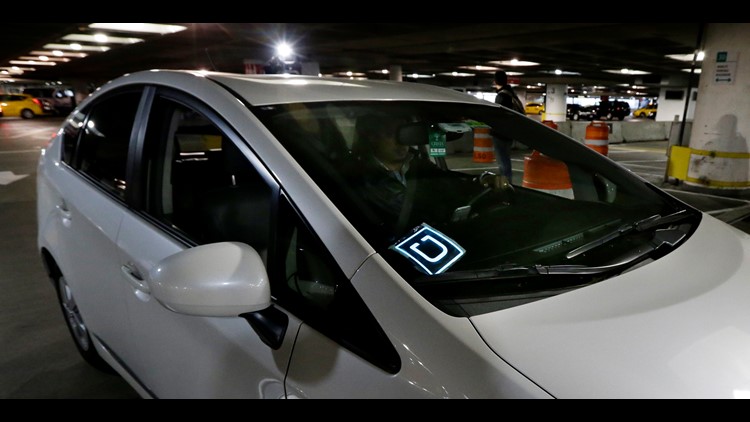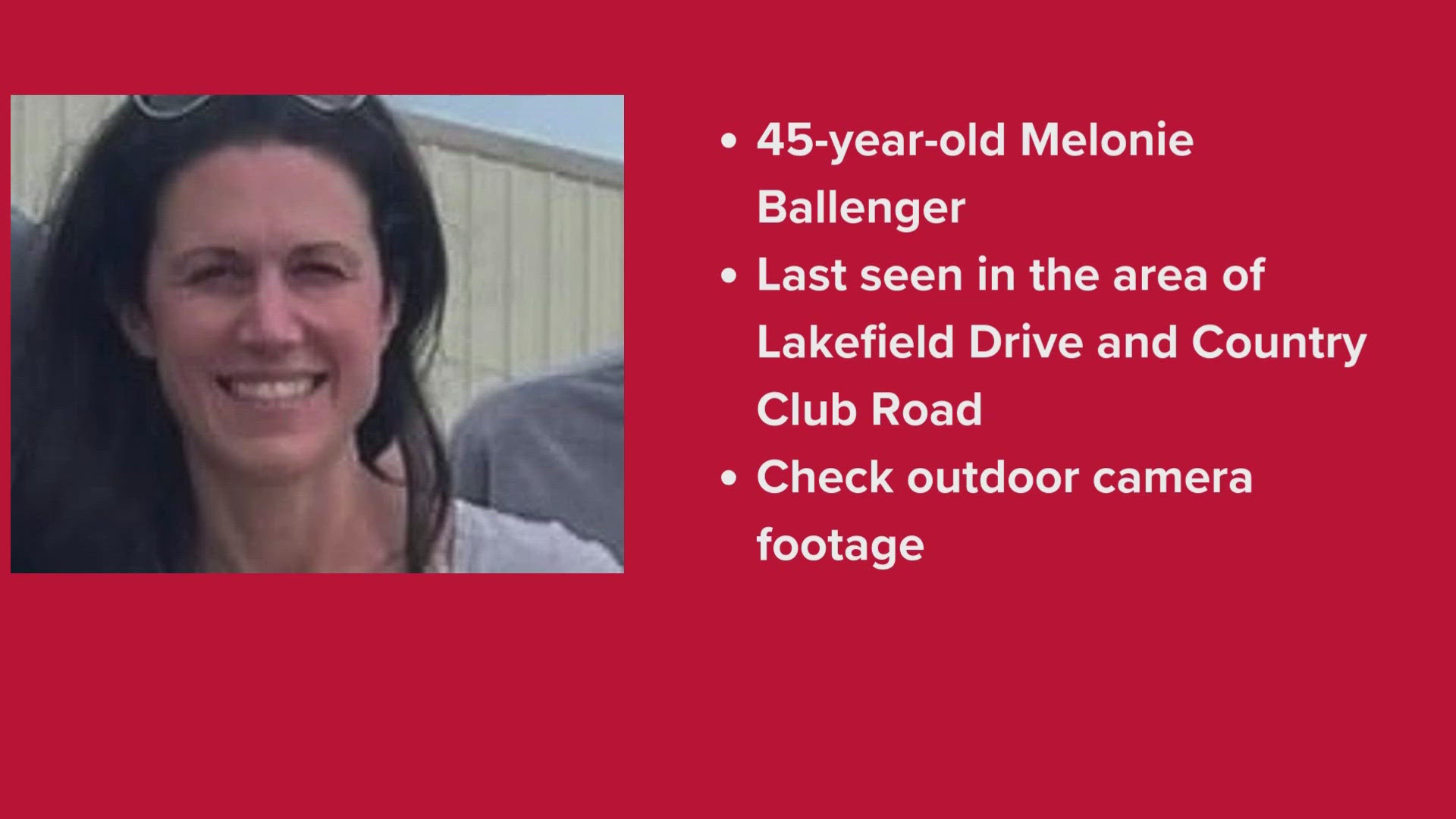DALLAS — Gig economy, a work-when-you-want, technology-heavy industry, is on the rise across the nation, and Texas is one of the most accommodating states for gig workers, according to FitSmallBusiness.com.
In a recent report, the small business resource identified the best and worst states for gig jobs, determining Texas as the fifth best in the country.
Special Project Editor Jeff Steen said there were several factors that contributed to the rankings, including tourism levels, income tax, out-of-pocket health insurance costs and population.
You can see where all 50 states rank by clicking here.
He said millennials are especially drawn to gig economy jobs, such as driving for Lyft and Uber because they prefer an easily modifiable schedule, as opposed to a traditional nine-to-five job.
“I think the biggest appeal is the flexibility around it and the fact that you’re kind of your own boss for those jobs,” Steen said. “You can set your own hours, determine how much you want to work based on your budget and your financial needs.”
The reason Fit Small Business chose to investigate states compatible with gig economy jobs is to advise millennials looking for a place to live with a flexible lifestyle, Steen added.
Texas, because of its lack of income tax, out-of-pocket health insurance costs, high population and high tourism levels is an ideal place for gig economy. Steen said where there are lots of people, like in major Texas cities, there are lots of opportunities for gig workers.
He said Texas is a state where millennials are flocking anyway.
According to a recent Brookings report, Texas holds three of the top five metro areas where millennials are migrating — Houston, Dallas and Austin.
According to data aggregated in the story from Intuit, in 2017 about 34 percent of the workplace were gig-related, with an expected 9 percent increase by 2020.
Steen said most people work other jobs along with their gig job, not using gig jobs as their sole income source.
Recently, some companies have begun offering more flexible hours, outside of traditional workdays, which can be appealing to employees who do gig work as a second job, Steen said.
“I think it’s a huge opportunity, and especially in the shared economy space, I don’t think we’ve really tapped into how far this can go," said Steen. "That's, in part, because of developments in technology that allow the actual people providing the services to connect to people who need the services without a middle man.”



